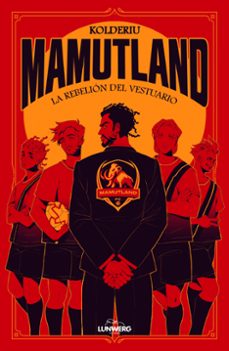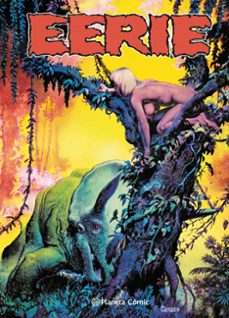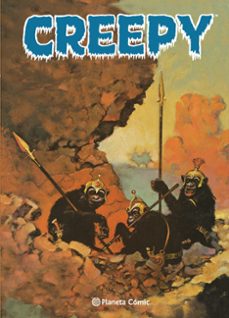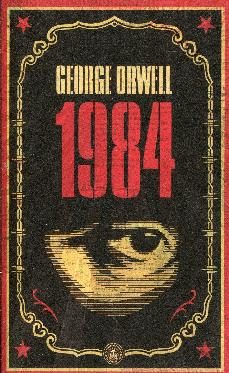📗 Libro en inglés STORM OF STEEL
ALLEN LANE THE PENGUIN PRESS- 9780713995947
Sinopsis de STORM OF STEEL
Storm of Steel is one of the greatest works to emerge from the catastrophe of the First World War. A memoir of astonishing power, savagery and ashen lyricism, it illuminates like no other book the horrors but also the fascination of total war, presenting the conflict through the eyes of an ordinary German soldier. Jünger served in the German front line, fighting both the British and the French, for most of the war. Young, tough, patriotic but also disturbingly self-aware, he exalted in the war which he saw not just as a great national struggle but – more importantly – as a unique personal struggle. Leading raiding parties, defending trenches against murderous British incursions, simply enduring as shells tore his comrades apart, Jünger keeps testing himself, braced for the death that will mark his failure. Published shortly after the war’s end, Storm of Steel was a worldwide bestseller and can now be rediscovered through Michael Hofmann’s startling new translation. As an account of the terrors of the Western Front but also of the sickening allure that made men keep fighting on for four long years, Storm of Steel has no equal.
Ficha técnica
Editorial: Allen Lane the Penguin Press
ISBN: 9780713995947
Idioma: Inglés
Número de páginas: 320
Tiempo de lectura:
6h 35m
Encuadernación: Tapa dura
Fecha de lanzamiento: 28/07/2003
Año de edición: 2003
Plaza de edición: London
Alto: 22.0 cm
Ancho: 13.0 cm
Especificaciones del producto
Escrito por Ernst Jünger
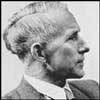
Ernst Jünger nació en Heidelberg en 1895 y murió en 1998. Incorporado como voluntario en la primera guerra mundial, fue herido varias veces y condecorado. En 1923 inició estudios de zoología y filosofía en la Universidad de Leipzig y, más tarde, se trasladó a Berlín, donde empezó a consolidar su carrera como escritor. En 1941 entró a formar parte del alto mando alemán en París, aunque un año después el régimen nazi prohibió la publicación de sus obras. Los diarios contenidos en Radiaciones I y II reflejan magistralmente la experiencia de esos difíciles años. Finalizada la guerra, Jünger combinó las estancias en la pequeña localidad suaba de Wilflingen con viajes por medio mundo y con la redacción de un conjunto de novelas, ensayos y diarios que le han convertido en uno de los testigos más lúcidos, apasionantes y controvertidos de nuestra época.
Descubre más sobre Ernst Jünger Recibe novedades de Ernst Jünger directamente en tu email
Opiniones sobre STORM OF STEEL
¡Sólo por opinar entras en el sorteo mensual de tres tarjetas regalo valoradas en 20€*!


